Gamers are as much to blame for broken game launches as the studios — here’s why
Delaying a broken game is sometimes more risky than launching now and fixing later
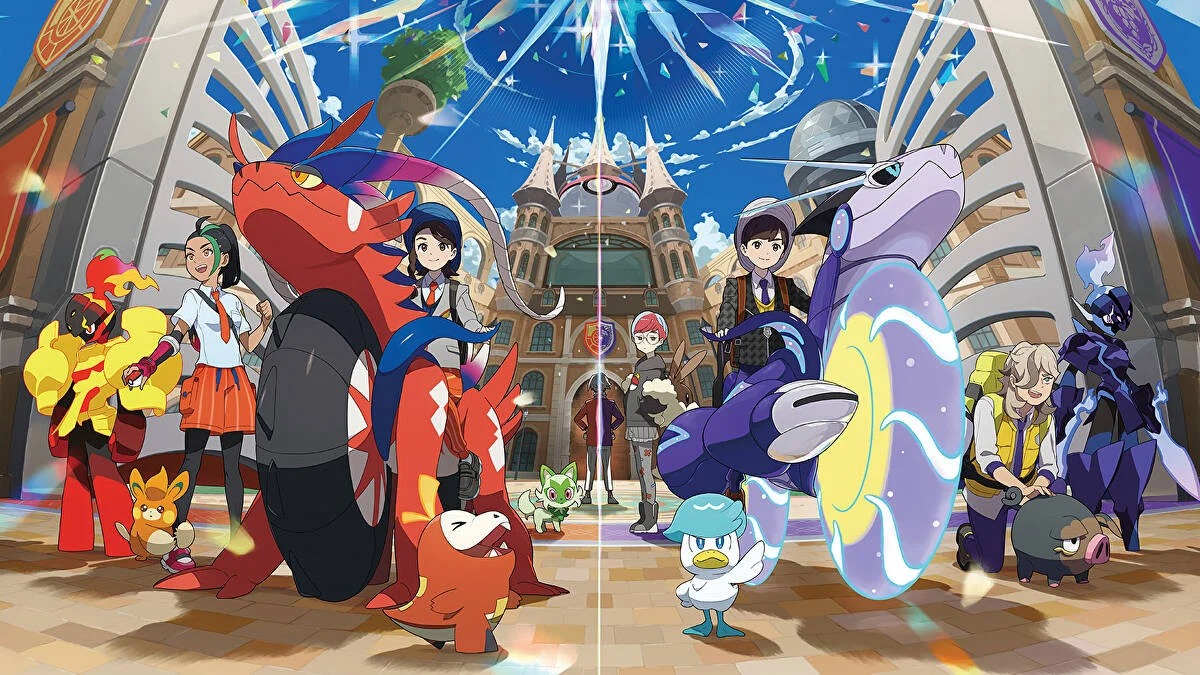
Video games have reached an extreme where launching in a broken state is the norm. I’ve written about how video game release dates are a troublesome trend, as the pressure to force a team of artists into a specific launch date yields plenty of issues. This is especially true when that date is decided far too early for anyone to be certain, resulting in developers needing to cut content or sacrifice the stability of features.
Executives are perfectly comfortable releasing something that does not work if the game can hit sales expectations. Of course, launching any product isn’t a certain science, as surprise successes and failures can pop up out of nowhere, but businesses need to appeal to investors and keep themselves afloat.
If a company can guarantee sales regardless of a game’s stability or quality, then delays are unnecessary. Why fix something when you can make money selling it anyway? It’s a morally abhorrent practice, but it has become so common that it seems near-impossible to fight against.
Delays aren’t always worth the loss
Pokémon: Scarlet and Violet launched with awful performance, yet many (including our own reviewer) have cited that the game itself had potential to be one of the best mainline Pokémon games in a long time. Fans wondered why Nintendo didn’t just delay the game a few months so it could come out finished.
The answer is simple: Pokémon is an enormous franchise. People will purchase the game regardless of whether it works or not, and it will undoubtedly break sales records no matter the state it’s in. Yes, a minority of players will boycott the game after learning that it’s unfinished and broken, but the sales lost from that is incomparable to how much money The Pokémon Company would lose if it delayed the game.
Mainline Pokémon games need to hit a fall release date. Here’s a look at the last nine mainline titles release dates, without fail, they all land within a two month window.
- Sword and Shield - November 15
- X and Y - October 12
- Black and White - September 18
- Omega Ruby and Alpha Sapphire - November 21
- Diamond and Pearl - September 28
- Ruby and Sapphire - November 21
- HeartGold and SoulSilver - September 12
- Shining Pearl and Brilliant Diamond - November 19
- Gold and Silver - November 21
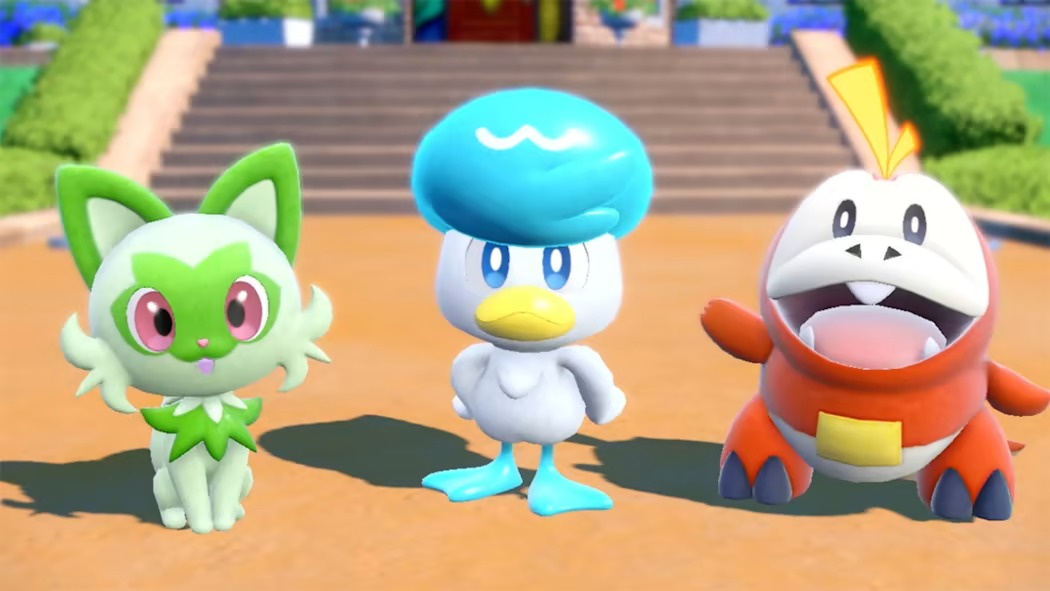
This isn’t just a silly trend that The Pokémon Company commits to for the sake of consistency. This time period is an ideal sales booster that guarantees the game will rack up more copies sold than if they launched it during any other time of the year. Delaying the game due to its brokenness would only hurt the company’s financials, especially because a majority of players are purchasing it regardless of performance.
Sign up to receive The Snapshot, a free special dispatch from Laptop Mag, in your inbox.
As a result, the ideal method for The Pokémon Company to make money is to release the game half-broken and fix it later. Losing sight of a fall launch is not worth it, and even when considering players boycotting the game because it’s broken, executives know that gamers will probably end up purchasing it anyway once it is fixed. The Pokémon Company wins no matter what.
Regardless of quality, the power of an independent property is a surefire way to rake in profits. This is how Call of Duty and every AAA sports game in existence continues to kill it in sales; their names have value. Hype and credibility are also important, especially from companies that players trust.
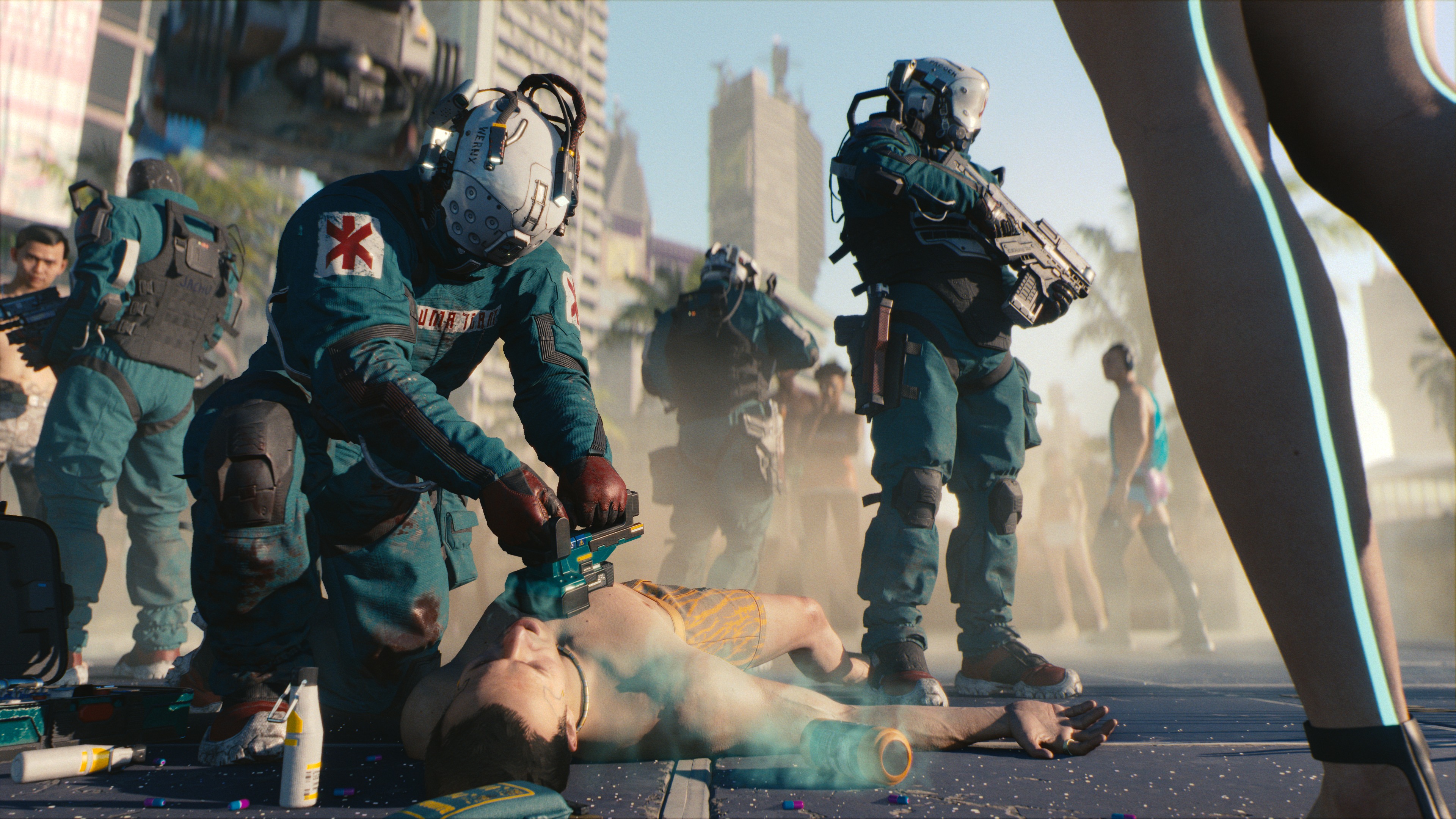
We spoke to Anshel Sag, Principal Analyst of Moor Insights & Strategy, who claimed that a studio’s entire financial success depends on “avoiding delays when possible.” He continues, “this generally means that these companies end up not spending enough time on QA and QC because they are rushing to get the game to gold status so they can 'ship' the title.”
CD Projekt Red is one such example, as the studio gained everyone’s allegiance after The Witcher 3: Wild Hunt landed in many favorite games of all time lists, and this was bolstered by an incredible set of expansions that took excitement to the next level. Cyberpunk 2077, regardless of its actual merits, was guaranteed to be one of the best selling video games of all time. It’s also the fastest selling PC game of all time.
Yet Cyberpunk 2077, even after all of its hype, launched as a broken mess overwhelmed by unfulfilled promises. With enough of a reputation based on quality or popularity, some games don’t need to fear a state of brokenness. If the company can still hit or exceed profit goals based on pre-orders and hype, it doesn’t matter how well the game itself functions.
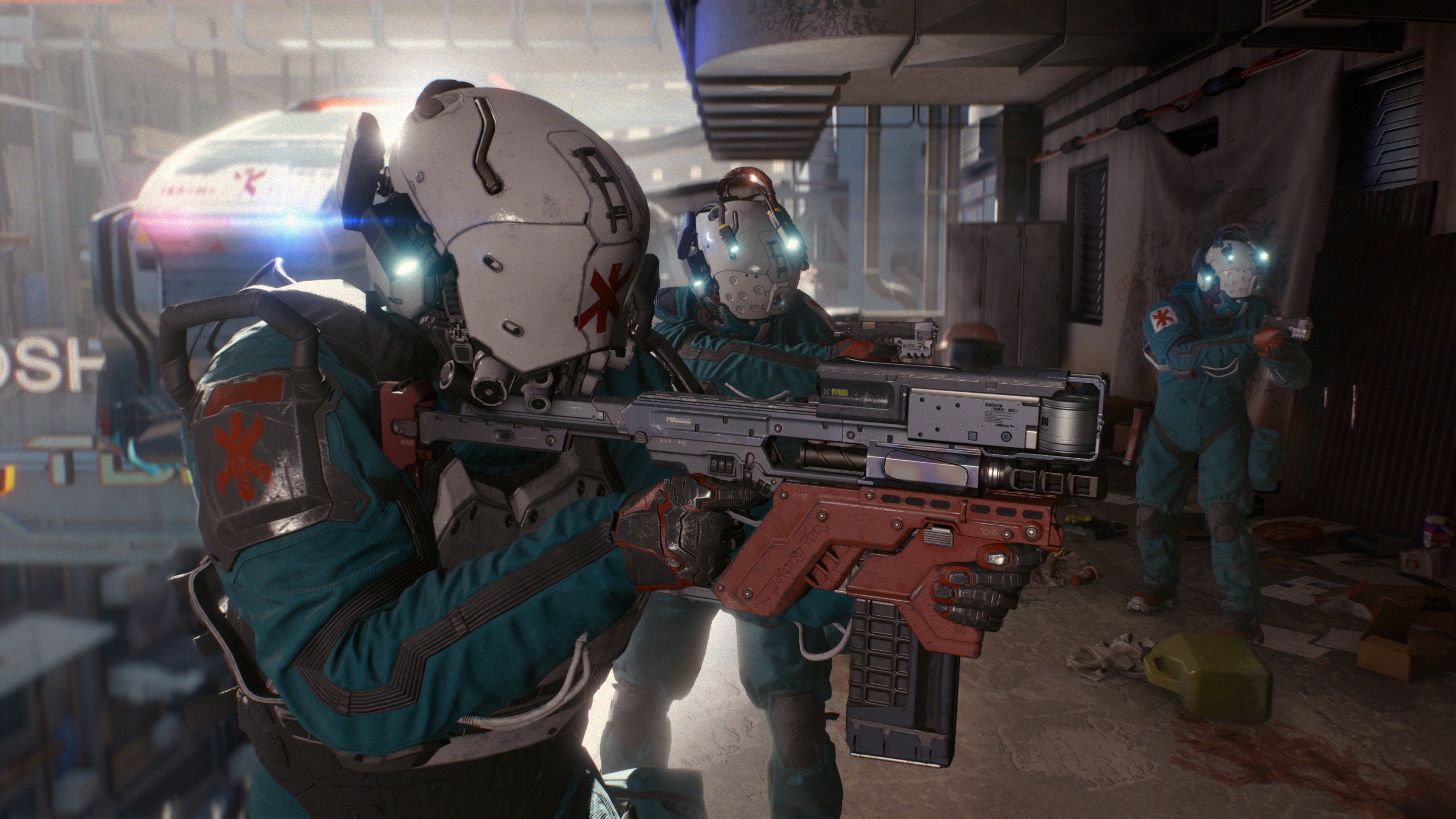
One thing to keep in mind is that, although Cyberpunk 2077 performed excellently on PC, the PlayStation version was so broken that Sony took it off of its store. This certainly impacted the company’s financials, but that’s largely because a separate company stepped in. If PlayStation hadn’t refunded those games and removed it from the store, Cyberpunk 2077 might’ve still performed quite well on the platform, even though it was borderline unplayable.
And now, a little over two years since Cyberpunk 2077 launched, the reputation of CD Projekt Red is slowly rebuilding through various updates that repair what was broken. If the company had delayed the game to fix these things, they would not have made additional money, instead putting a massive risk to the hype. Sag also adds that Cyberpunk “couldn’t suffer any more setbacks, especially when you consider how much CD Projekt Red had financially riding on the game.”
Many fans who were burnt from the initial game’s launch would probably say something like “CD Projekt Red won’t let that happen again,” once again luring folks into a false sense of security. The truth is, regardless of whether Cyberpunk 2077 was broken or not, the excitement was too overwhelming for the game to not be a success. Everyone wanted Cyberpunk; bugs and performance issues would never get in the way of that.
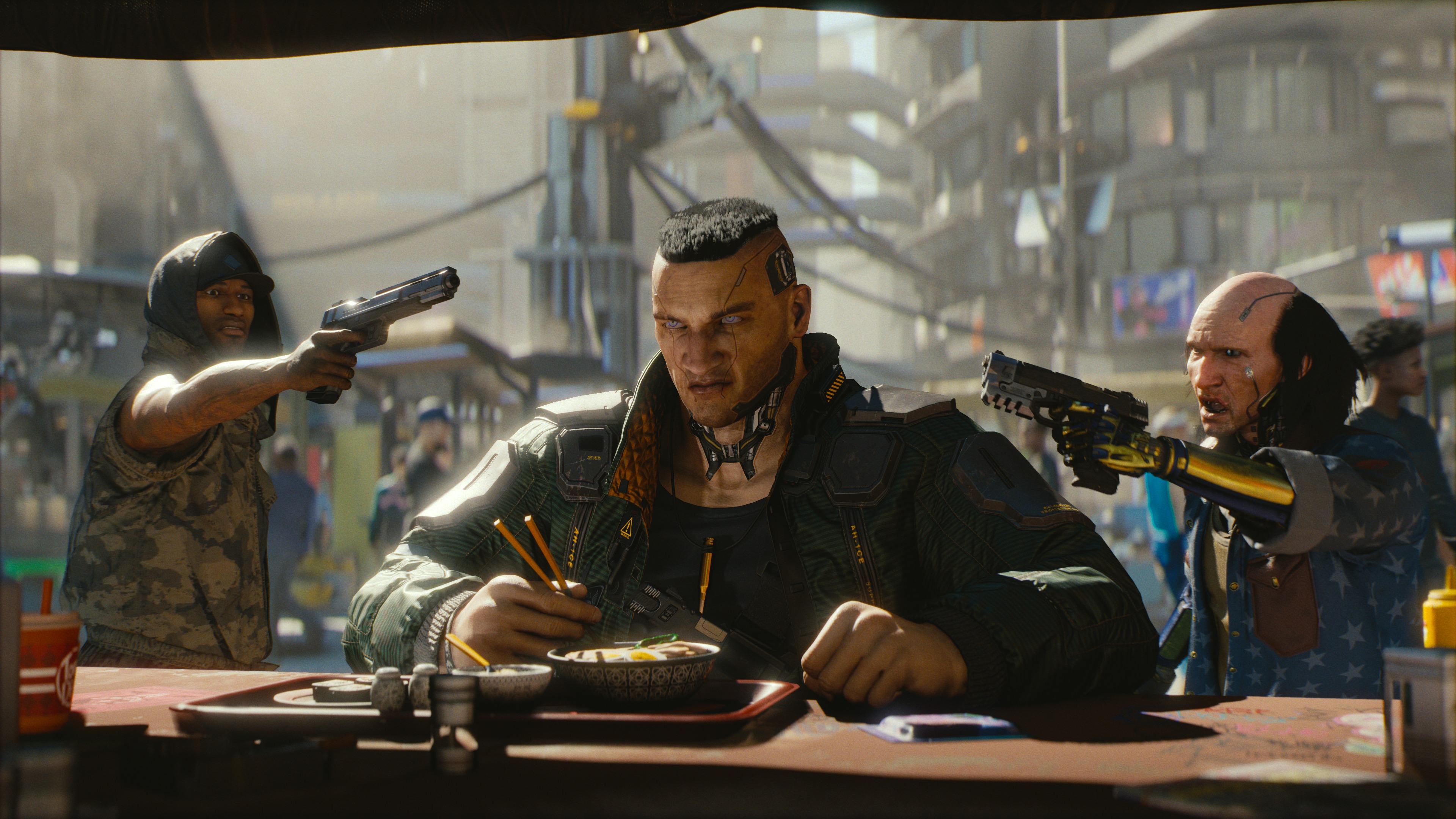
But Sag also claims that, regardless of a game’s hype, being broken can destroy a franchise’s reputation. “Ultimately, consumers are paying for a product that is supposed to be bug-free, but if those bugs are game-breaking, then it will push gamers away from the franchise. A great example of this is the Battlefield franchise,” he says.
Sag continues to explain that the post-launch period is critical for the lifespan of a game. He says that it has “become part of gamers' expectations that a game will have bugs at launch and it's really on the developer to fix them as quickly as possible. If they don't, then it will kill the franchise, as it did with Battlefield.”
I’m just as guilty of this
If you’re even moderately into gaming, it’s likely that some franchises and studios are dear to you. If a new game from a series or developer you love was on the horizon, would reports of brokenness stop you from wanting it in your hands on day one? If your answer is “yes,” then you’re in a small minority. I’m not trying to be high and mighty, though, I’m equally guilty of this.
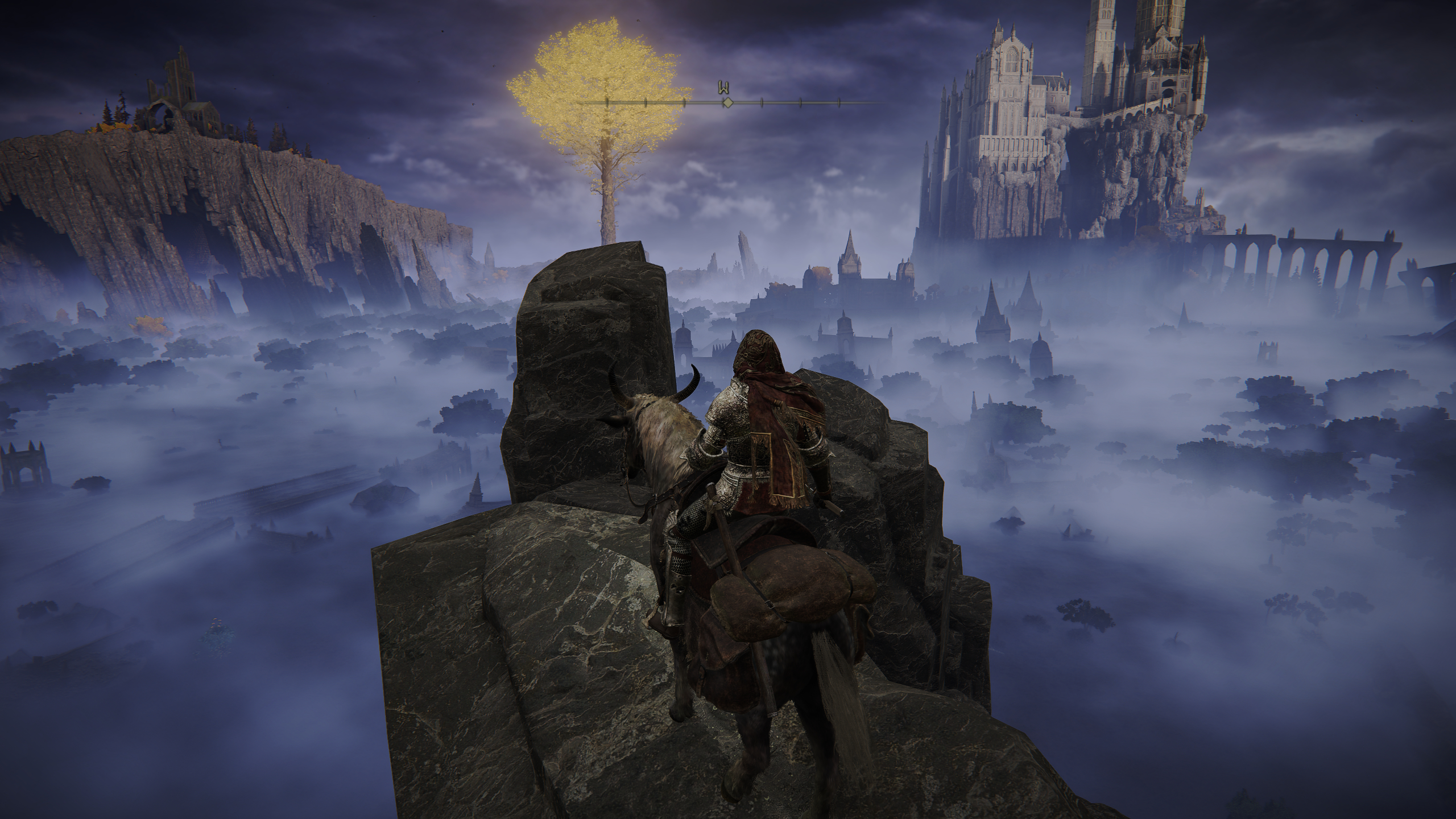
Some franchises and developers mean everything to me. No amount of negativity could stop me from getting my hands on those titles day one, even if they’re buggy, broken, or unfinished. Final Fantasy XVI and Final Fantasy VII Rebirth are a couple of examples alongside anything out of FromSoftware. For all of these games, I will have the pre-order loaded up the day before launch, waiting desperately till midnight so I can play until it’s far past bedtime.
With enough of an attachment to something, I don't care how negative the reviews are, I’m playing it as soon as possible. Pokémon fans and CD Projekt Red fans feel similarly. They might protest that the game’s quality is poor and be frustrated by bugs, but at the end of the day, sales numbers don’t lie. And those numbers say people are buying regardless, whether that’s because Scarlet and Violet is the best selling game in Japan of last year, or Cyberpunk 2077 is the fastest selling PC game of all time.
There is another side to this, though. The reason we’re attached to certain franchises to begin with is because they’re associated with a certain level of quality. FromSoftware has delivered six of my favorite games ever in the last 13 years. Elden Ring may have launched with plenty of performance issues, but those reports would never be enough to push me away from the excitement of jumping in day one.
FromSoftware, along with many other studios that are willing to risk launching a game with a certain number of issues, understand that those issues won’t dissuade die-hard fans from a day one purchase and adoring the experience.
Some delays are necessary
Pokémon is a franchise that will hit massive numbers regardless of how broken it is: Scarlet and Violet proved that, managing to become the best selling game in Japan last year, with a total of 4,338,931 copies sold. Of course, a certain level of quality is expected (otherwise no one would want to play it), but the team has perpetuated a formula which consistently garners interest and guarantees mountainous sales.
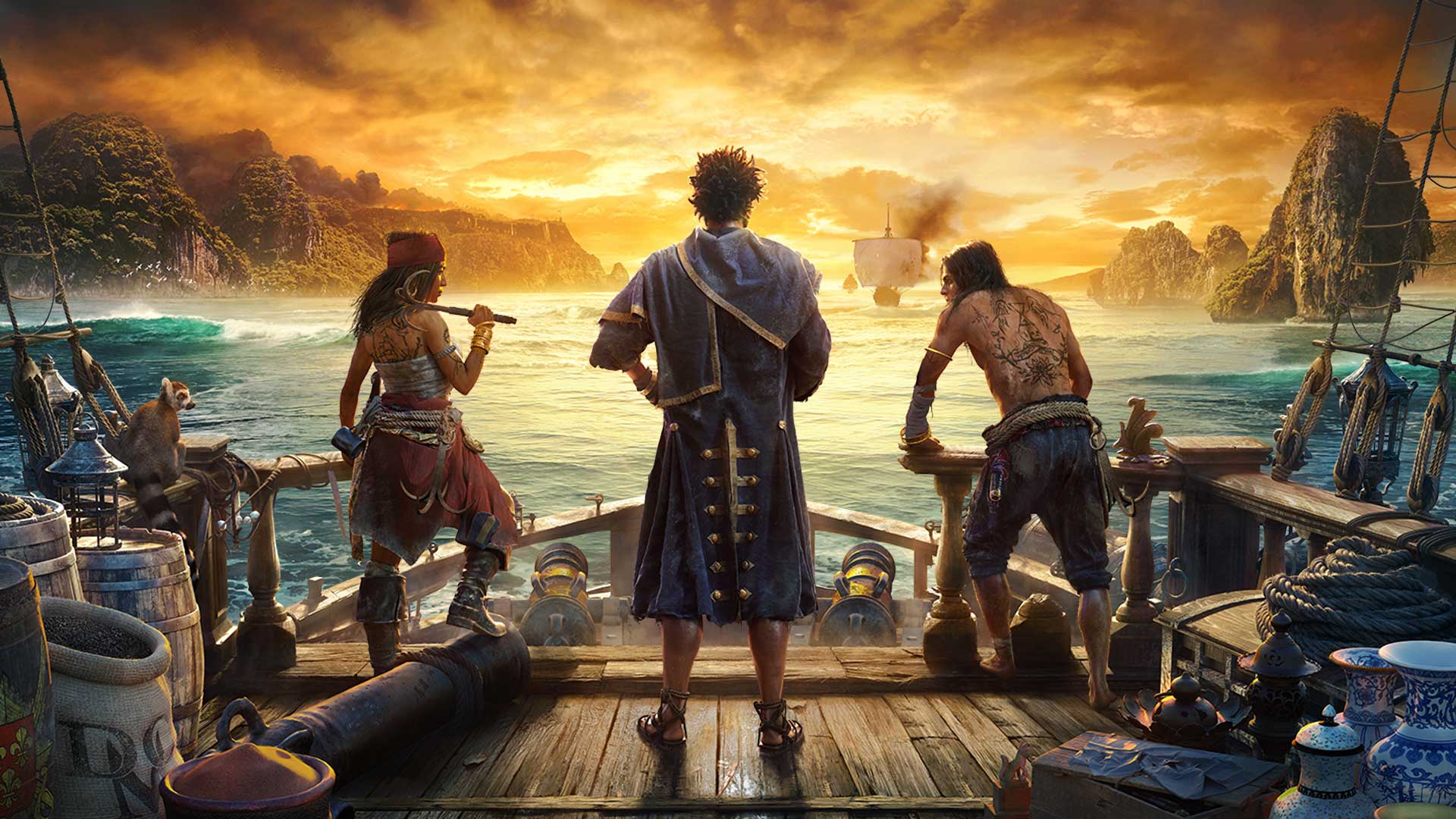
But that isn’t the case for a majority of games. Skull and Bones is a good example of this, as it recently saw its sixth delay after being announced back in 2017. This isn’t because the game can’t be “completed” by its initial date in March, but instead because Ubisoft needs it to be profitable. Just launching isn't enough to guarantee success, especially since it’s built upon a live service element.
The company has already dumped an unknown amount of money into the project, and if the servers become obsolete after only a few months of being live, it will have been for nothing. In this case, it’s more profitable to risk improving player retention and adhering to the wishes of the fanbase rather than just getting it out there without care. Skull and Bones does not have the hype, developer credibility, or IP popularity to ensure a successful launch.
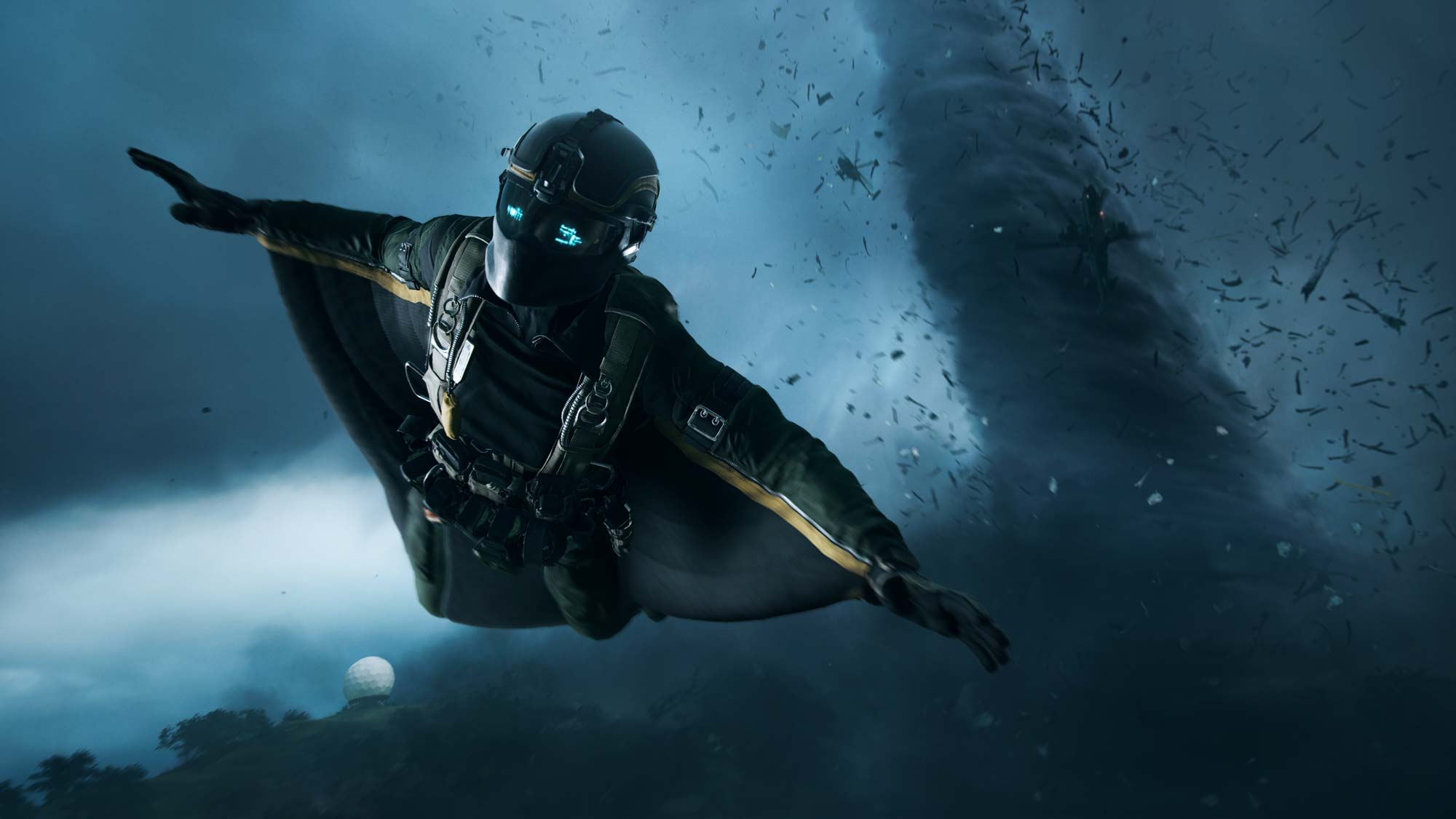
As a result, live service games are especially risky. With a single-player title, the economical foundation relies on one purchase. Outside of DLC plans and bug-fixing, developers move on once it’s in people’s hands. But with a live-service game, developers need the game to be good enough to ensure that players are keeping up with it beyond day one.
People only have so much room for live service games in their lives. This is why most fail quickly after launch. You can’t just have a live-service game be decent. It needs enough people to fall in love with it that you can continue paying developers to update it with new content frequently.
Bottom line
Whether or not a game should be delayed isn’t about its quality or stability, but instead revolves around profitability. If a company can crush sales records with less effort, then the obvious business practice indicates that putting more effort (and money) into it would be a waste of resources.
High quality is still important in developing a playerbase, but once you have an established brand or reputation, it’s significantly less important. Pokémon can choose to evolve, but as long as it still makes plenty of money, it won’t need to.
There is a fine line, of course, as we’ve seen esteemed franchises and studios fall from grace, with recent examples being BioWare or Battlefield. But even then, if those games and studios could guarantee their broken launches with the same degree of success, they’d do it in a heartbeat.

Self-described art critic and unabashedly pretentious, Claire finds joy in impassioned ramblings about her closeness to video games. She has a bachelor’s degree in Journalism & Media Studies from Brooklyn College and five years of experience in entertainment journalism. Claire is a stalwart defender of the importance found in subjectivity and spends most days overwhelmed with excitement for the past, present and future of gaming. When she isn't writing or playing Dark Souls, she can be found eating chicken fettuccine alfredo and watching anime.
